In the West, love occupies center stage in the modern age, whether in art, intellectual life, or the economic life. We may observe a similar development in China, on its own impetus, which has resulted in this characteristic of modernity—this feature of modern life has been securely and unambiguously established, not the least facilitated by the thriving of literature aboutqing, whether in traditional or modern forms.
Qiancheng Li concentrates on the nuances of a similar trend manifested in the Chinese context. The emphasis is on critical readings of the texts that have shaped this trend, including important Ming- and Qing-dynasty works of drama, Buddhist texts and other religious/philosophical works, in all their subtlety and evocative power.
名人推薦
The power ofqingor strong emotion is a major theme in late imperial Chinese literature—some writers asserting that it can transcend even life itself. Qiancheng Li surveys a number of seventeenth-century philosophical, religious, and literary texts to elucidate the metaphysical aspects of emotional attachment and of sexual desire in particular. Through his broad and penetrating reading, Li demonstrates incontrovertibly how, to seventeenth-century writers,qingand religion were inextricably linked. To those writers,qingcould bring enlightenment, and certainly Li’s study enlightens its readers to new levels of complexity in major literary works of that period.Transmutations of Desiresets a major new milestone in the study of traditional Chinese culture.—Robert E. Hegel, Washington University in St. Louis
This book brings to a significantly new level the study ofqing, a key concept in intellectual discourses of the late Ming which reverberated throughout the subsequent Qing period in Chinese literature. Herein we learn how, presented with the tension between passionate attraction as a fundamental force in life and religious (especially Buddhist) emphasis on release from attachments as an ultimate spiritual goal, authors of, and commentators on, the era’s most important works of drama and long fiction developed a multi-dimensional metaphysics ofqing. Thereby they transmuted desire from a hindrance to spiritual fulfillment into its necessary complement.—Lynn A. Struve, Indiana University Bloomington
In many areas, Professor Li’s new study mainly on dramatic works has demonstrated the kind of sophistication and rigor I wish I had been able to achieve in myDesire and Fictional Narrative in Late Imperial Chinaexclusively on fictional works. He has convincingly argued that we could not properly understand various “transmutations” of desire without an adequate understanding of their “scriptural foundation.” His study has significantly enriched our understanding of not only several well-known classics likeThe Peony Pavilion and Peach Blossom Fanbut also very important but little-studied works such as those by the dramatist Jiang Shiquan from the eighteenth century.—Martin W. Huang, University of California, Irvine
Transmutations of Desiretakes on one of the most crucial tensions in late imperial Chinese literature, desire and its renunciation. Bringing into dialogue four of the most celebrated plays as well as several understudied ones, their commentary and reception history, Buddhist scripture, Western theoretical approaches to love, and ultimately the novelHonglou meng, Qiancheng Li has given us a rich and rewarding intertextual study. With its focus on drama, it is an indispensable complement to his earlier monographFictions of Enlightenment,which explored the interplay of religion and literature in the realm of narrative.—Rania Huntington, University of Wisconsin–Madison
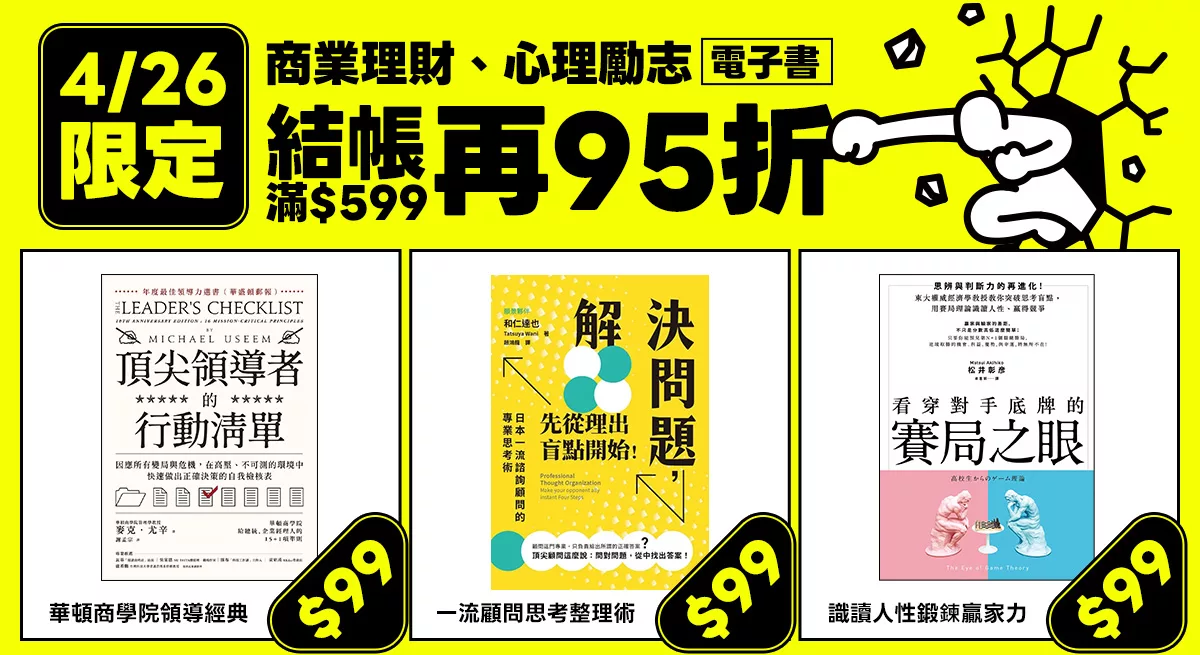


 天天爆殺
天天爆殺  今日66折
今日66折 
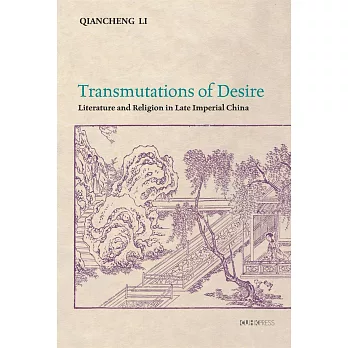

















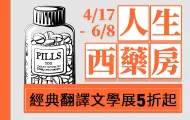


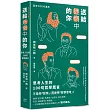
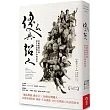
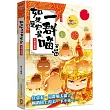
 博客來
博客來 博客來
博客來 博客來
博客來 博客來
博客來 博客來
博客來